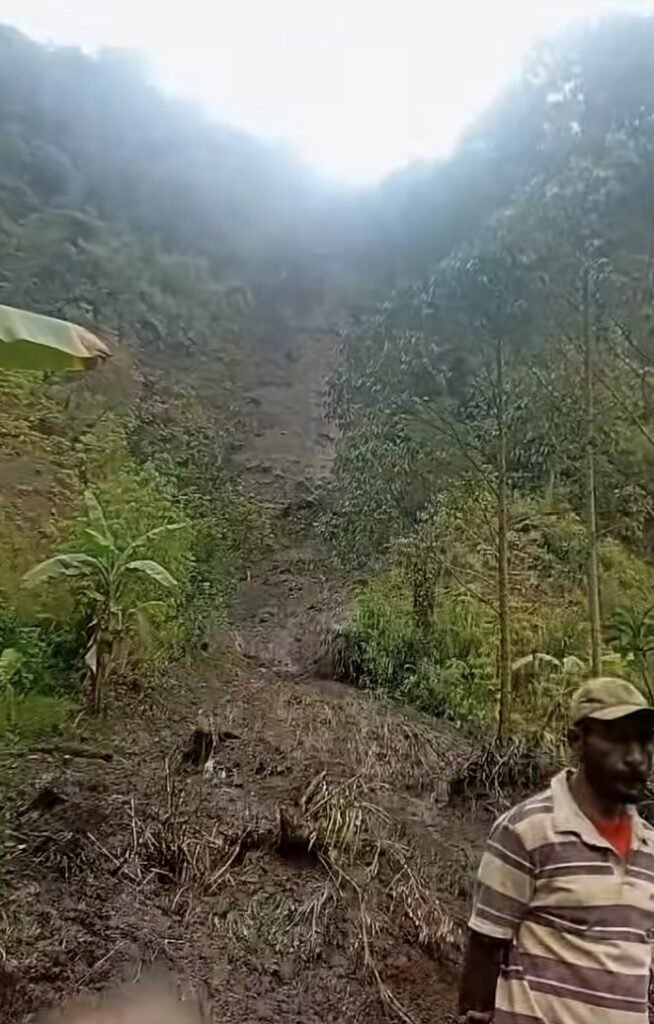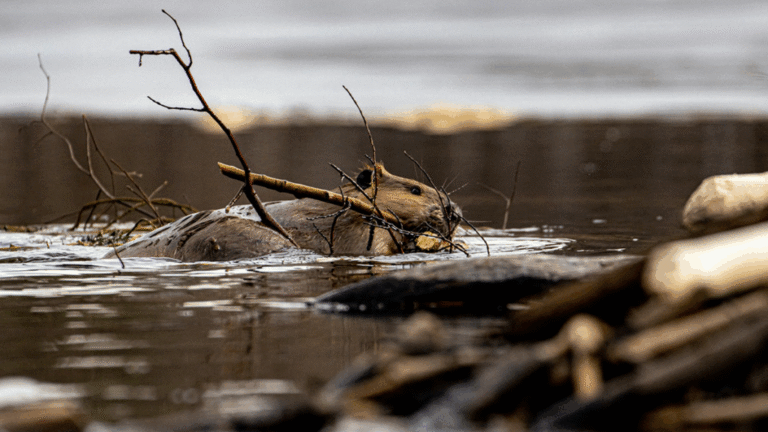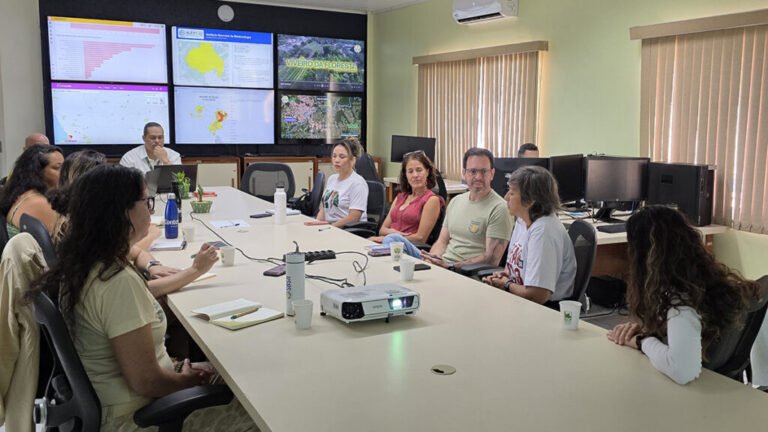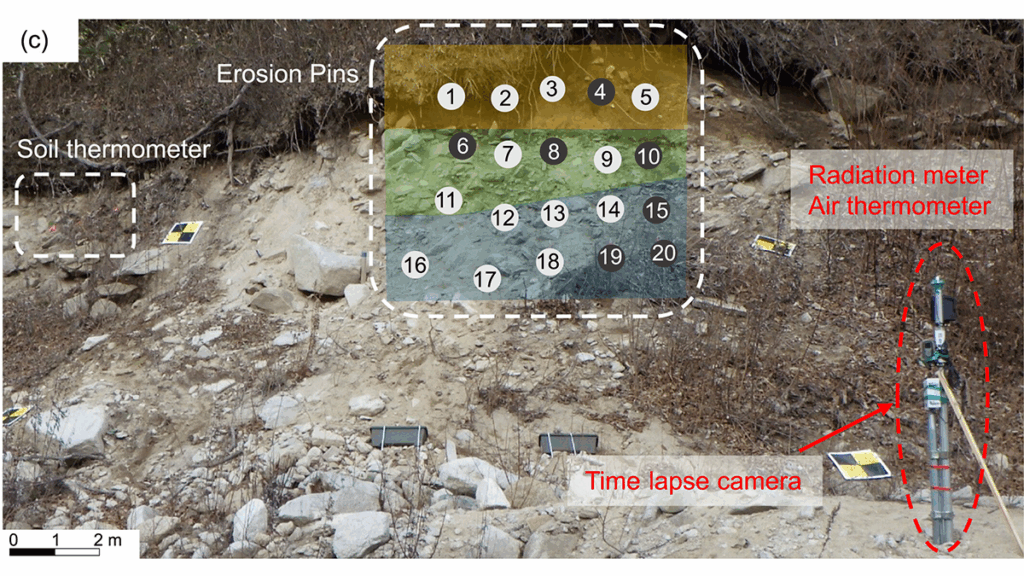
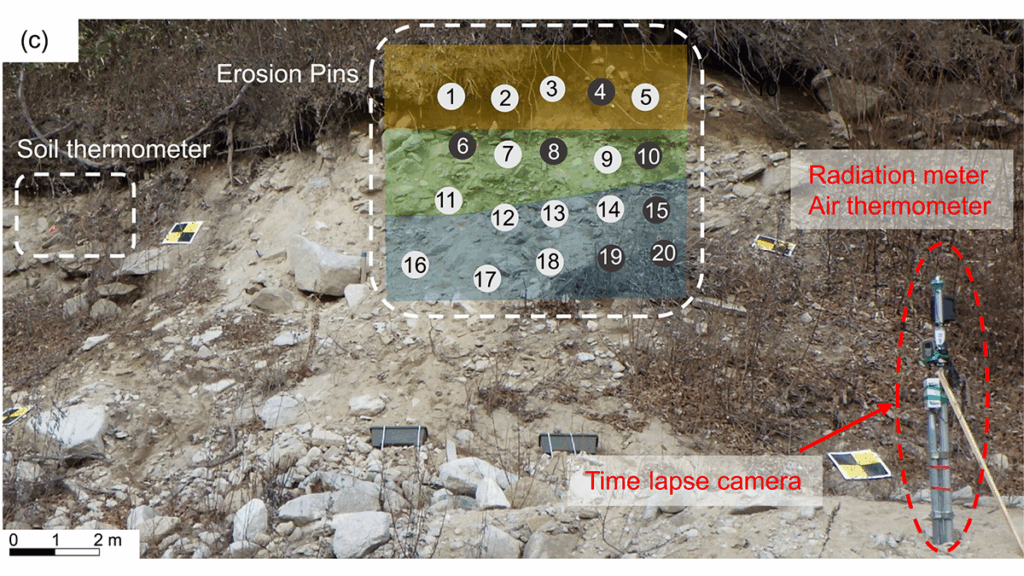
Editors’ Highlights are summaries of recent papers by AGU’s journal editors.
Source: AGU Advances
Global warming is expected to affect freezing and thawing (FT) water in the ground, thus changing the dynamics of rock and soil breakdown and weathering. To investigate trends in FT induced erosion, and the conditions leading to relevant impact, researchers employ numerical models calibrated to match field observations.
Kido et al. [2025] investigate FT processes in the Pekerebetsu River basin, Hokkaido, Japan, and show the key role played by snow, which insulates the ground thus decreasing the impact of warming. The results show that changes in FT under increasing temperature and snow cover are regulated by the interaction of insulation, warming and current state of FT processes. Some areas experience little change in FT because effects from increasing temperatures are offset by decreasing insulation. Other areas where such offsetting is weak may display increases in FT and, therefore, increased weathering.
Citation: Kido, R., Inoue, T., & Johnson, J. P. L. (2025). Predicting changes in hillslope freeze–thaw potential due to climate change. AGU Advances, 6, e2025AV001810. https://doi.org/10.1029/2025AV001810
—Alberto Montanari, Editor-in-Chief, AGU Advances
Text © 2025. The authors. CC BY-NC-ND 3.0
Except where otherwise noted, images are subject to copyright. Any reuse without express permission from the copyright owner is prohibited.
